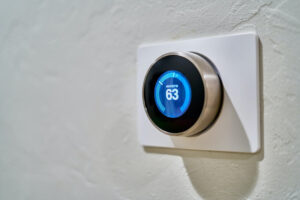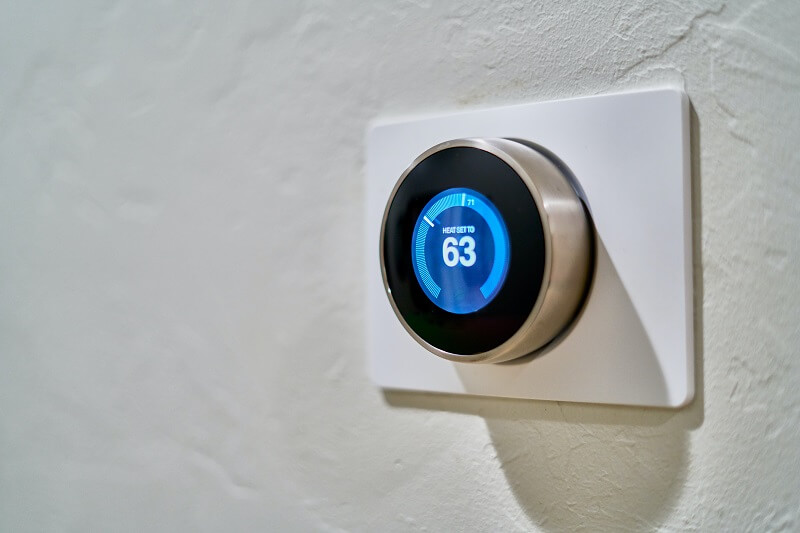 Electrical problems are too much of a risk to leave unattended. If you’re reading this, you’re probably wondering why your lights flicker when you turn on the AC. It’s important to know that your AC needs a high amount of electricity to power up initially. Turning it up will eventually lead to it draining energy from other appliances already turned on, like your lights. This is what causes them to flicker. Subsequently, your lights would also dim and lose about 5% of their initial brightness. This is a normal occurrence if you have a modern AC unit or you live in an older home, then you may have nothing to worry about.
Electrical problems are too much of a risk to leave unattended. If you’re reading this, you’re probably wondering why your lights flicker when you turn on the AC. It’s important to know that your AC needs a high amount of electricity to power up initially. Turning it up will eventually lead to it draining energy from other appliances already turned on, like your lights. This is what causes them to flicker. Subsequently, your lights would also dim and lose about 5% of their initial brightness. This is a normal occurrence if you have a modern AC unit or you live in an older home, then you may have nothing to worry about.
However, it’s not always like that in most cases, and you have to be on the lookout for when flickering lights mean something a bit more frightening. If you’ve noticed that your lights are starting to flicker, you would need to do a routine check. Go around the house and be on the lookout for any other lights in any other place that’s flickering as well. Check out if it’s in a particular area or has a wide coverage. Try out other appliances to know what else could be causing them to flicker.
If you’ve noticed a more consistent flickering in other places as well, the first step would be to call a professional electrician to have it properly checked and the problem fixed. Here are some common problems that are causing your lights to dim or flicker.
Damaged or Loose Wires: if you have damaged or loose wires, your lights probably turn off and on rapidly and consistently when you turn on your AC. You’d notice discoloration or charred wiring leading to a loss of electrical current flowing to the light bulbs, as well as temporary voltage drops causing the lights to flicker and dim.
Your AC Has A Weak Capacitor: it’s okay for your lights to go a little dim when you turn on your AC. It happens in a split second and not many people notice it because it’s not as noticeable as you’d think. If your lights lose a significant amount of their brightness at once when the AC comes on, you most likely have a faulty capacitor. A capacitor is meant to store energy to give the compressor an extra boost when it starts. When it loses its ability to store and therefore provide energy, your AC draws on that energy from the other appliances in your home, like your lightbulbs.
Your Circuit is Overloaded: a buzzing or crackling sound followed by the consistent dimming of lights are telltale signs that your circuit is overloaded. If your lights go off as soon as your AC comes on, that’s a sign as well. Your AC needs its own circuit to function properly. Adding any other appliance could cause the circuit to overload. These could start sparks or even fires. All sorts of electrical problems should be considered very critical and treated as such.





